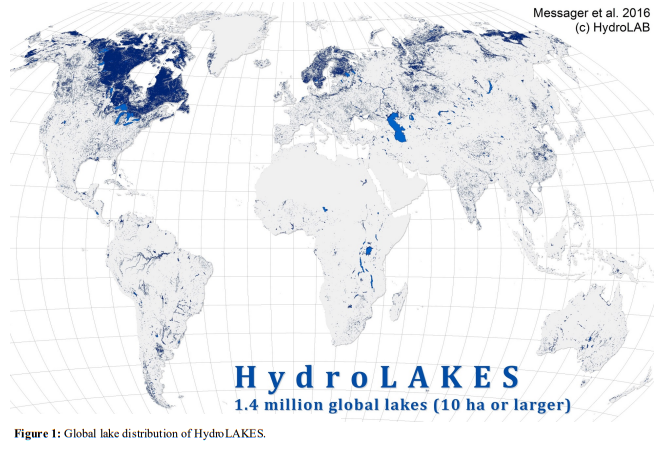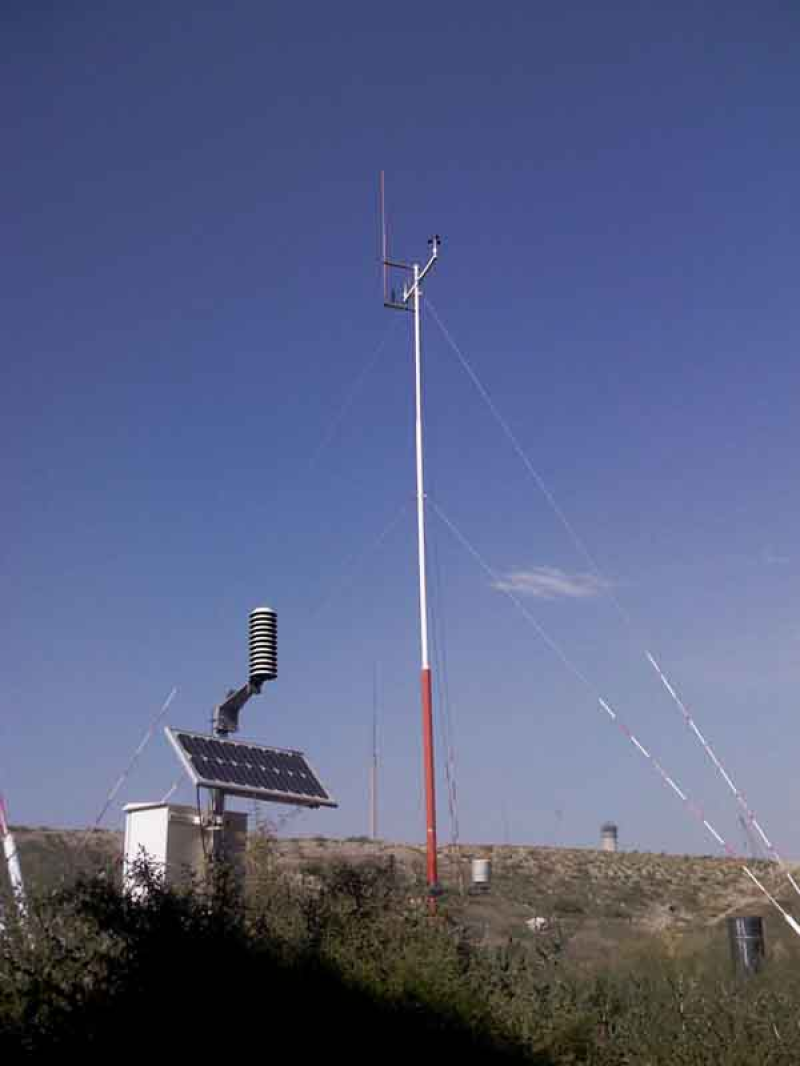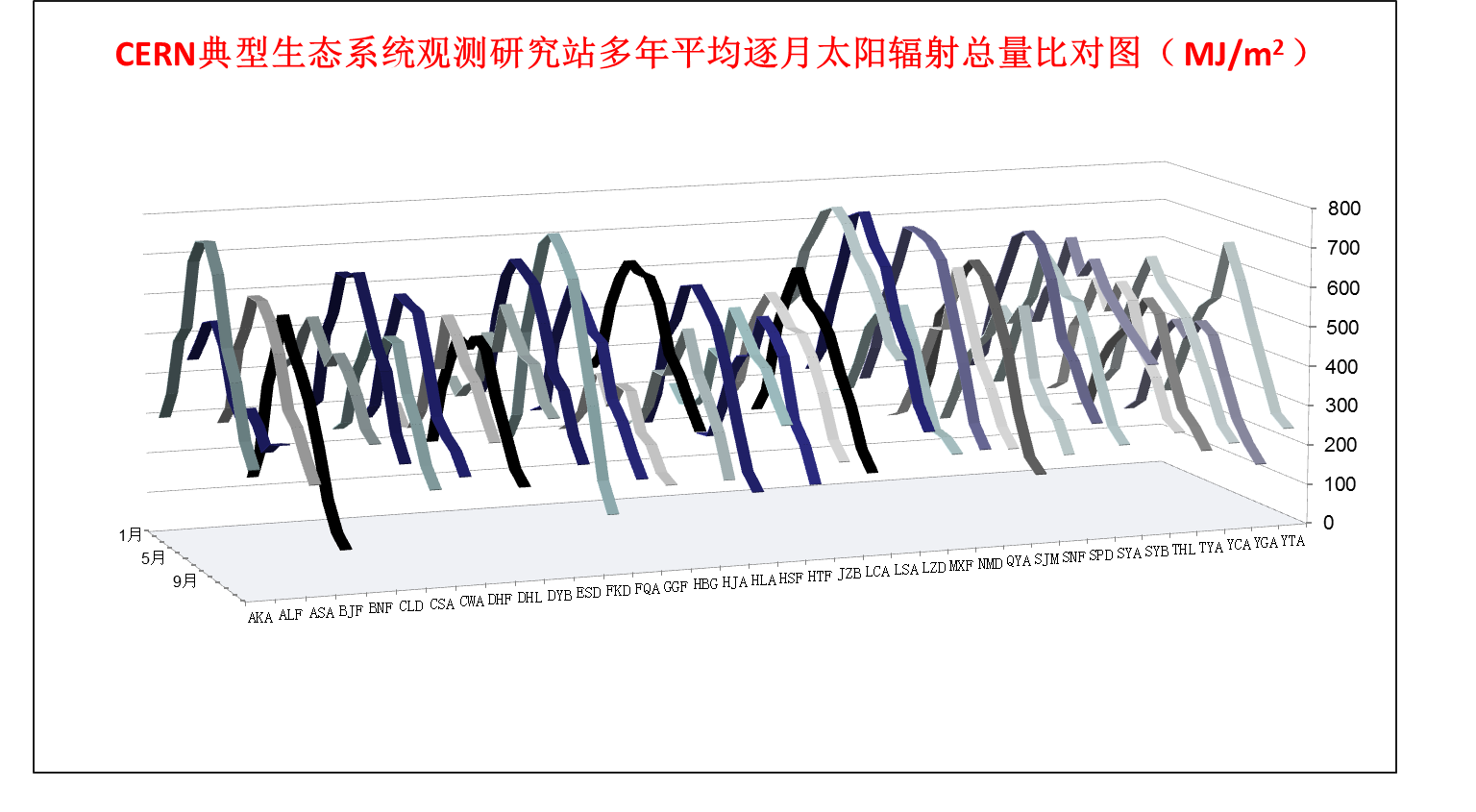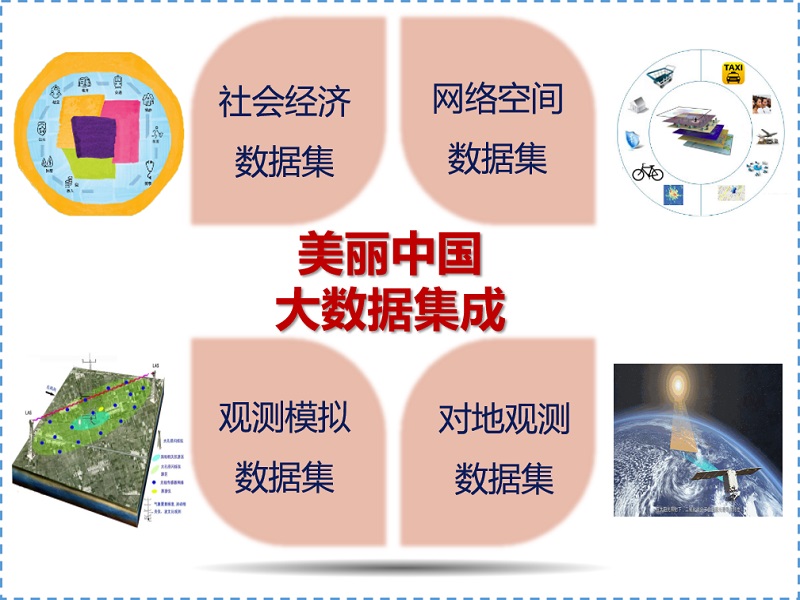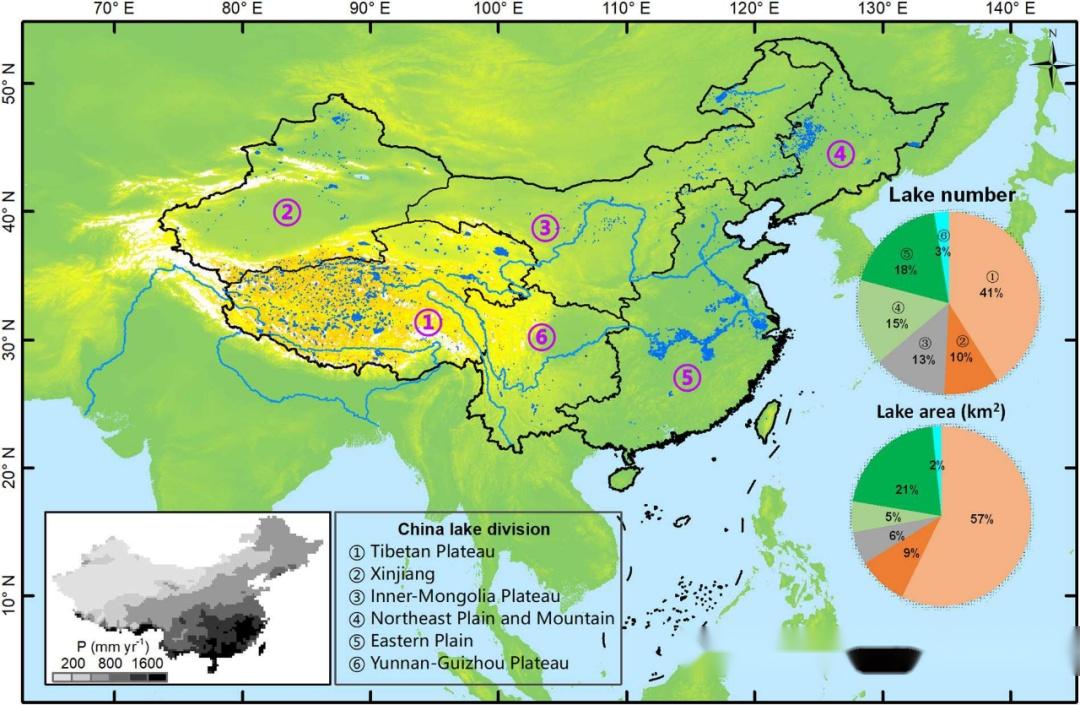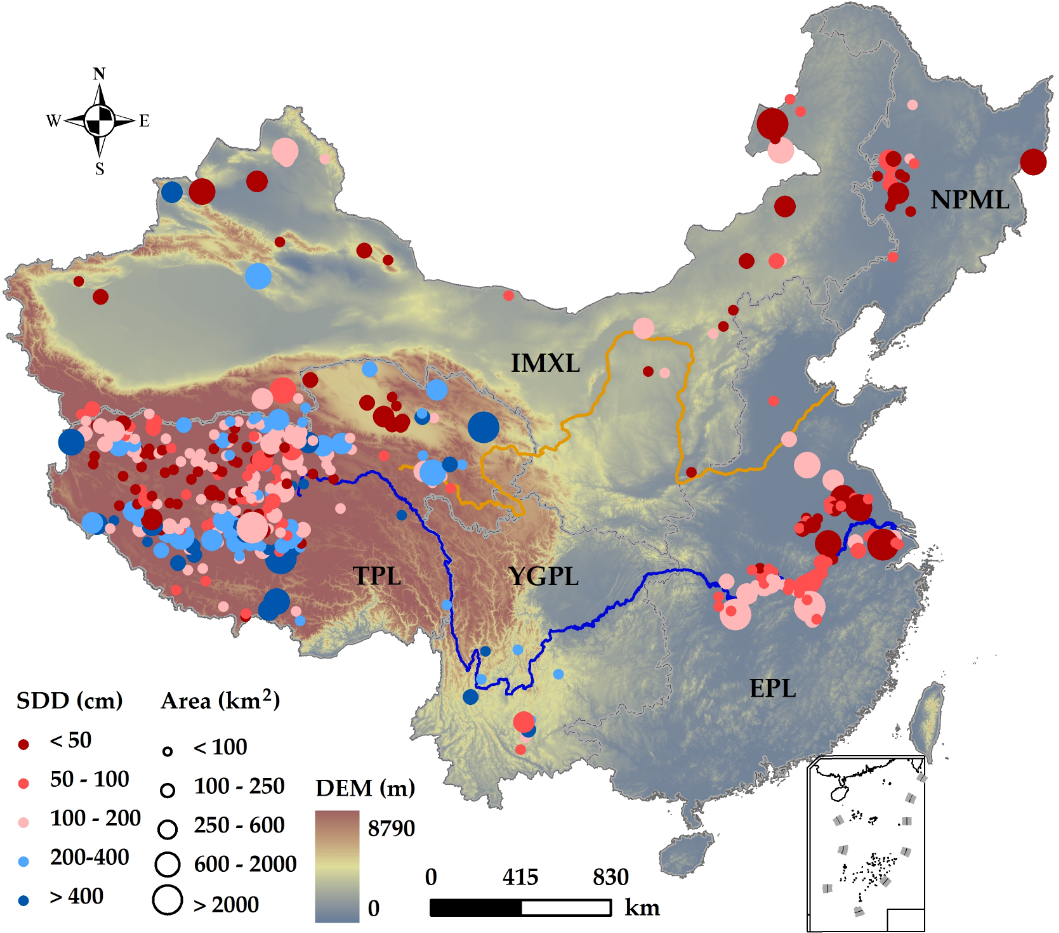Contact Information

Comfortable Spaces — Urban Human Settlements Data Series

Focusing on “comfort” as a pivotal theme in urban living environment development, this initiative aims to systematically evaluate residents' daily comfort experiences and environmental quality from a sustainable development perspective. The thematic content encompasses data across multiple dimensions including air quality, noise pollution, green space coverage, public space layout, lighting conditions, temperature and humidity variations, and community service facilities. By integrating environmental, social, and economic sustainability indicators, it comprehensively reflects the impact of urban spaces on residents' physical and mental wellbeing and life satisfaction. By analysing the interplay between urban microclimates, ecological greening, and the human environment, this theme identifies key factors affecting resident comfort, providing data-driven support for optimising urban spatial design and enhancing living environment quality. Furthermore, by integrating with other themes such as ‘residential living, mobility, safety, and low-carbon practices,’ this initiative advances the development of a people-centred, ecologically friendly sustainable urban system. Its research findings will furnish scientific evidence for urban administrators and planners, aiding in the creation of comfortable urban environments conducive to living, working, and leisure, thereby elevating citizens' quality of life and sense of well-being.
